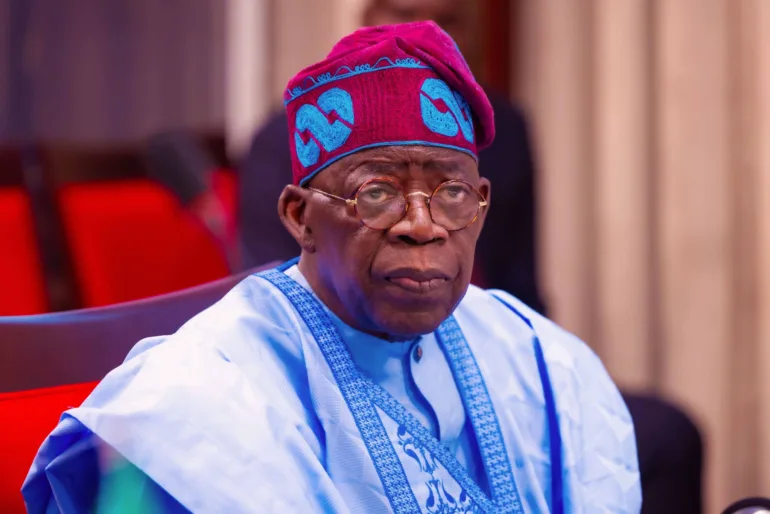President Bola Tinubu is set to meet with the leadership of electricity-generating companies (GenCos) to address the growing ₦4 trillion debt threatening Nigeria’s power sector.
According to a statement issued on Sunday by Bolaji Tunji, Special Adviser on Strategic Communications and Media Relations to the Minister of Power, Adebayo Adelabu, the Federal Government is moving to urgently resolve the crisis following high-level discussions between Adelabu and chairmen of the GenCos in Abuja last Tuesday.
Adelabu warned of a potential collapse of the national power infrastructure if the debt remains unresolved. He assured the GenCos of the government’s commitment to settle a significant portion of the debt immediately, with the remaining balance to be paid through financial instruments such as promissory notes over the next six months.
“There is a need to pay a substantial amount of the debt in cash. At the very least, a significant portion must be paid now, while the rest can be covered by promissory notes,” Adelabu said, adding that this proposal will be presented at the forthcoming meeting between President Tinubu and GenCos leadership.
The urgency of the situation was underscored by Col. Sani Bello (Rtd), Chairman of Mainstream Energy Solutions and the Association of Power Generating Companies (APGC), who led the GenCos delegation. He described the ₦4 trillion debt as a critical threat, warning that liquidity challenges have made it nearly impossible for GenCos to secure loans or maintain infrastructure.
“Without urgent intervention, the entire power ecosystem could collapse,” Bello cautioned.
Echoing this sentiment, Kola Adesina, Chairman of Egbin Power and First Independent Power Limited, described the crisis as a national emergency. “Everything depends on power—industries, homes, hospitals. We simply cannot afford a collapse.”
Adelabu acknowledged the government’s contribution to the sector’s problems and pledged to implement structural reforms alongside debt settlement. He advocated for full liberalisation of the power sector and stressed the need for Nigerians to accept cost-reflective tariffs.
“Citizens must pay appropriate rates for energy consumed. While the government will continue to subsidise electricity for the vulnerable, the economy cannot sustain blanket subsidies,” he said, urging for a nationwide sensitisation campaign to drive compliance and understanding.
Dr. Joy Ogaji, CEO of APGC Power, highlighted persistent structural issues—including chronic payment defaults, inconsistent gas supply, and foreign exchange volatility. She noted that the naira’s devaluation—from ₦157/$1 in 2013 to ₦1,600/$1—has severely affected GenCos’ ability to maintain infrastructure and service debt.
“GenCos have shouldered unsustainable risks—from grid instability to punitive taxation—yet have remained committed,” Ogaji stated.
Adelabu concluded by outlining plans for long-term sector sustainability, including regulatory reviews to reduce levies and foster market stability. He also urged GenCos to collaborate with the government on public education initiatives around energy efficiency and tariff realities.


